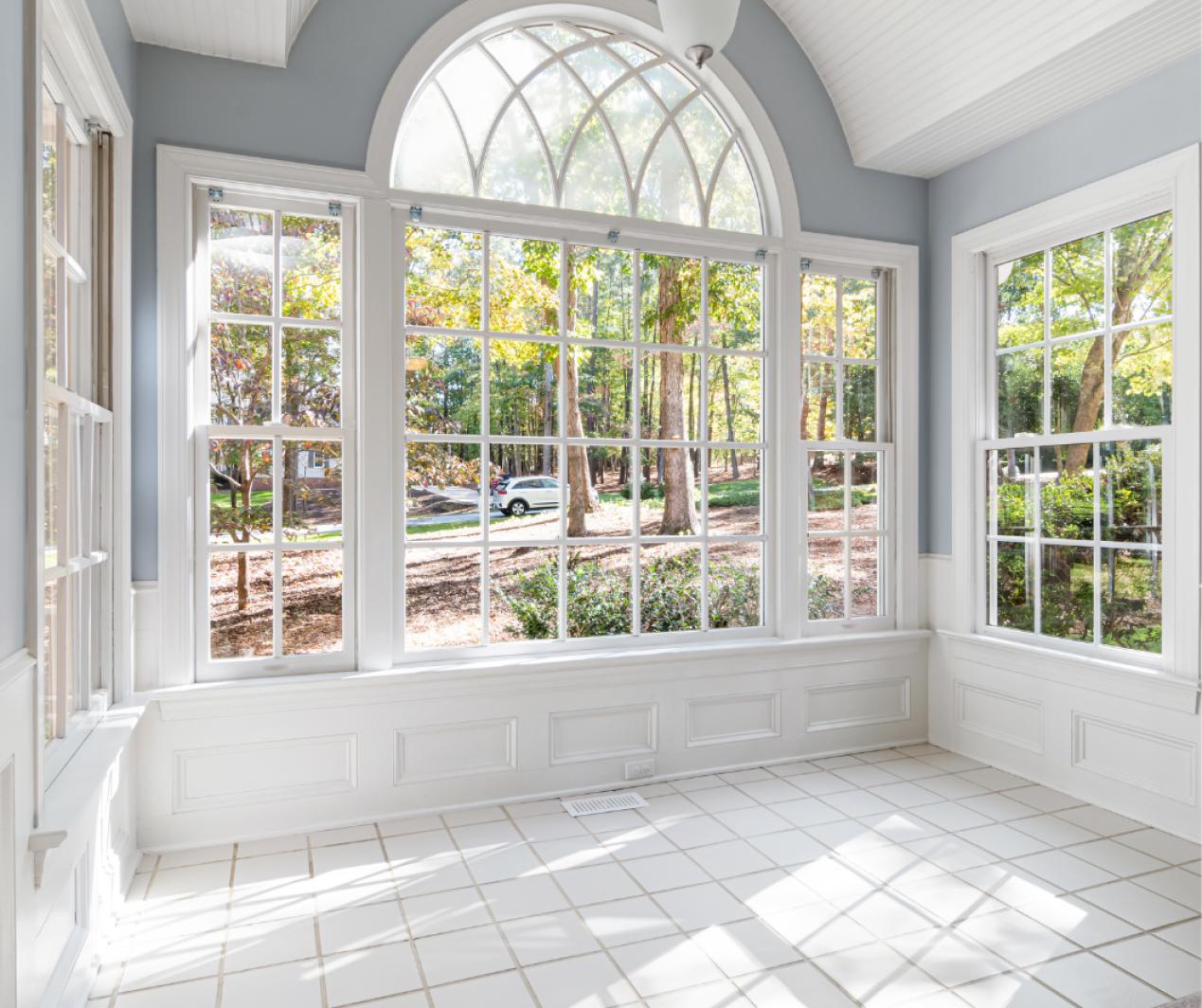Top 5 Signs You Need New Windows: When to Replace for Efficiency and Comfort

Replacing old windows can dramatically improve your home’s comfort, energy efficiency, and overall value. Yet, many homeowners delay this upgrade, not realizing the subtle signs that indicate their windows are no longer performing as they should. If you’ve been wondering whether your windows need replacing, here are five clear signs to look out for.
1. Rising Energy Bills and Poor Insulation
One of the most common signs your windows need replacing is a sudden spike in your energy bills. Old or damaged windows often allow heat to escape in the winter and let it in during the summer, forcing your HVAC system to work overtime. If your home struggles to maintain a consistent temperature or you notice drafts near the window frames, it’s likely time to invest in energy-efficient replacements. Look for double- or triple-pane windows with low-E coatings and argon gas fills to maximize insulation and reduce energy loss.
2. Drafts, Warping, and Frame Deterioration
Drafty windows are not just annoying they’re a sign of structural failure. Over time, wood and other materials can warp, rot, or expand due to moisture and temperature changes. If you feel cold air seeping in during the winter or notice uneven gaps around the sash or frame, your windows are no longer sealed correctly. Warped or rotting frames are also susceptible to pests, mold, and water damage, which can spread to the walls and compromise your home’s structural integrity.
3. Difficulty Opening, Closing, or Locking
Functionality is key when it comes to windows. If yours are sticking, jamming, or refusing to lock properly, that’s more than just a nuisance it’s a security and safety concern. Older windows often swell or shift over time, making them hard to operate. In some cases, rusted or broken hardware may be the culprit. If cleaning and minor repairs don’t fix the issue, replacement may be your only long-term solution. Modern windows are designed for easy operation and improved security features.
4. Condensation and Moisture Between Panes
Noticing fog, condensation, or visible moisture trapped between the panes of your double- or triple-glazed windows is a strong indicator of seal failure. This compromises your window’s insulating abilities and can lead to mold growth inside the glass. Moisture buildup also signals that your windows are no longer airtight and can’t properly regulate indoor temperatures. Once a seal is broken, the entire unit typically needs replacing, as the insulating gas escapes and the window becomes ineffective.
5. Outdated Styles That Hurt Curb Appeal
While aesthetics may not affect window performance, outdated or mismatched windows can drag down your home’s visual appeal and resale value. Cracked paint, faded frames, or old-fashioned designs can make your home look dated, even if the windows are still functioning. Upgrading to modern, stylish windows can instantly refresh your exterior, boost curb appeal, and attract potential buyers if you plan to sell. Choose styles that complement your home’s architecture and offer contemporary energy-saving features.


